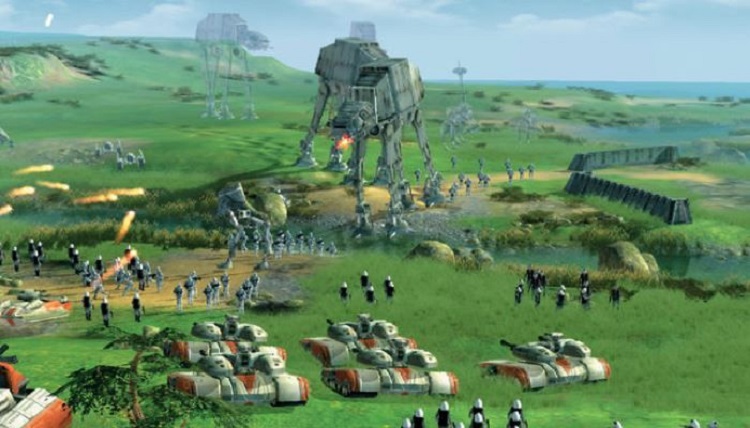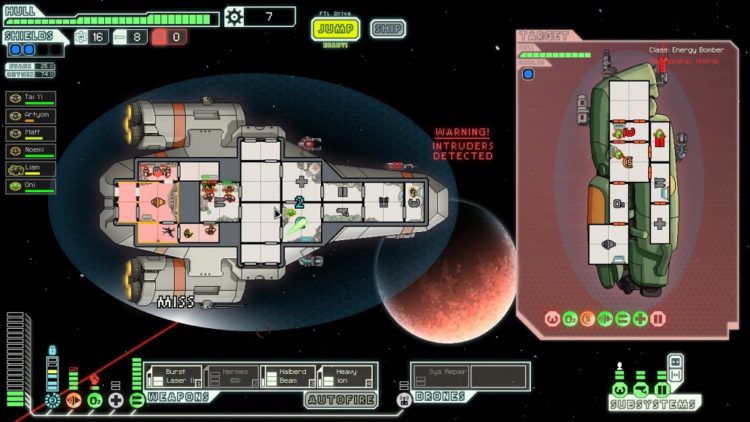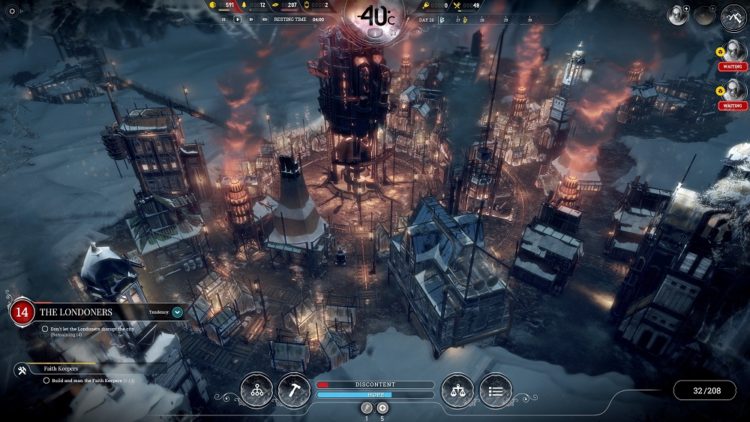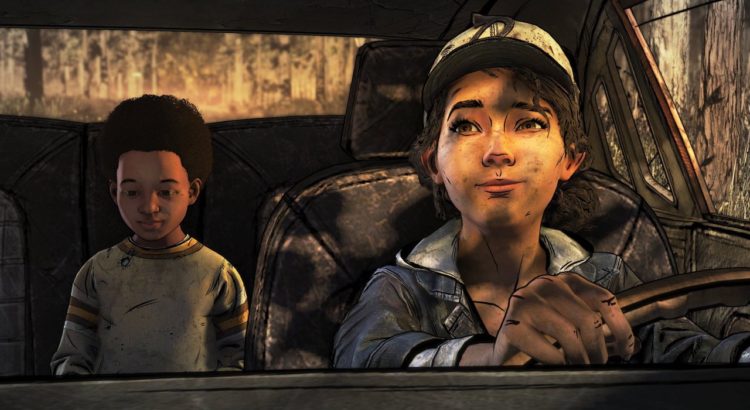After eight years and five new games, the divisive era of EA Star Wars exclusivity has come to its conclusion. On January 11th, Disney signaled a change, launching the “Lucasfilm Games” brand, and promising “a new and unprecedented era of creativity”. Two days later Ubisoft announced a new open-world Star Wars game was in development, confirming that EA’s grip on Star Wars gaming had ended. The death of EA’s monopoly was long awaited and long called for by fans and prominent gaming personalities. The EA era wasn’t necessarily awful, or even a failure, but it was limited in its offerings.
With their Star Wars titles, EA chased trends and the lowest common denominator. Their flagship entry was Battlefront, which chased the success of Call of Duty, and attempted to revive the glory of Pandemic Studios’ beloved LucasArts-era shooters of the same name. Instead they became mired in controversy over loot boxes and season passes. Battlefront 2 finally found a true audience years later, only to have support cut off shortly after the release of The Rise of Skywalker. Many fans had called for more story from their Star Wars games, so EA responded with Jedi: Fallen Order, a Dark Souls/Tomb Raider hybrid. Fallen Order received acclaim, and with the following year’s Squadrons, EA responded by attempting to serve another audience: fans who love flying.
Fallen Order and Squadrons were steps in the right direction. Attempting to appeal to more than just the most mainstream shooter fans, EA realized there were other audiences out there. Yet both were bound by the paradigms of mainstream, Triple-A studio gaming. With a new frontier on the horizon and the opening up of the Star Wars license, perhaps there is the potential for more?
The original LucasArts era of Star Wars contained far broader possibilities for gaming. Yes, they made online shooters like Battlefront, and single-player action games including the Dark Forces, Jedi Knight and Force Unleashed games, but there was also more branching out. Old LucasArts invested in strategy games, with Galactic Battlegrounds and Empire at War proving highly popular—Empire At War maintains an active modding community to this day. The Racer series explored Star Wars’ potential in an F-Zero-style racing game, taking inspiration from the popularity of The Phantom Menace’s podracing. Racing and strategy have long been pillars of gaming, and hopefully Lucasfilm Games can find a way to bring them back into the Star Wars fold.

Yet LucasArts went beyond even those genres, making fighting games (Masters of Teräs Käsi), rail shooters (Rebel Assault), ecology simulators (Gungan Frontier), and puzzle games (Droid Works). Many of these games retain a cult following. LucasArts boldly made any game of any type, to appeal to all audiences. They didn’t just seek what was most popular, they saw the entire breadth of game genres and wanted to see how those genres could fit the Star Wars universe.
The Lucasfilm Games of 2021 should adopt this innovative process. Video games are broader and more popular than ever before; there are wider and more varied genres, and games don’t have to be limited to huge, expensive projects. There are many amazing developers out there making games with limitless potential.
Imagine, if you will, what Paradox Interactive could do with the Star Wars license. These masters of grand strategy have depicted World War II, the late Middle Ages, ancient Rome, and the vastness of space with mind-boggling complexity and detail. Their eye for global economics and political and military strength would be a dream to Star Wars fans who enjoyed Empire at War. The Galaxy Far, Far Away is rich ground for a serious astropolitical game.
Entirely new genres have popped up that weren’t available when LucasArts was around. Roguelites—games centered around the concept of permanent character death, with procedurally-generated levels—went mainstream a decade ago with the digital releases of games like Rogue Legacy, Binding of Isaac, Spelunky, and FTL: Faster than Light. Spelunky centers on an adventurer who ventures into hazardous caves; the player explores in the traditional side-scrolling manner of classic Mario games, gaining new items from delving deeper. Upon death, they lose all the items and experience they have gained and must explore from the start. On their next adventure, the layout, items and enemies in the caves will have changed. No two runs of Spelunky will ever be the same, and each death brings an entirely new experience.

FTL: Faster than Light applied the ideals of Spelunky to space exploration, for greater narrative depth. In FTL, the player controls a starship fleeing an enemy fleet. They must race across the stars, braving enemy ships, hostile aliens, supply shortages, and asteroid fields. Each decision is a matter of life and death, and the destruction of the player’s ship means starting over with a new crew. As the player is allowed to name their ships and their crew, bonds are formed, and every new run creates a new narrative. The potential for the Star Wars license here is limitless—imagine attempting the Kessel Run over and over again in a YT-1300, or fleeing an Imperial fleet in a blockade runner, experiencing a new story every time.
Games don’t even have to revolve around action or violence. Why not have a story-rich Star Wars visual novel or narrative game? Narrative-focused games like Supermassive’s Until Dawn and Telltale’s The Walking Dead—which can easily be described as interactive dramas—are more popular than ever. These games revolve largely around narrative choices and dialogue; focusing less on direct control of characters, they play more like interactive movies. Interactive dramas can be far more accessible to audiences who are turned off by complex and difficult gameplay. Telltale, which was founded by former LucasArts employees, has hit financial difficulties in recent years. Perhaps Star Wars could be their chance to rise from the ashes?

Meanwhile, city simulators are experiencing a renaissance with Frostpunk and Cities: Skylines. In a city simulator, the player fills the role of an administrator building a city from the ground up. They are in charge of everything from housing and zoning to budgeting and utility construction. These games don’t rely on fighting wars, or even much of a story—the appeal comes from micromanaging every single aspect of a city and watching it grow and thrive. Star Wars fans who might not like the fast, aggressive pace of an online shooter may find themselves enjoying building a city on Naboo or Sullust.
Gaming currently enjoys the broadest and widest audience it’s ever seen. To not take advantage of that and make games appealing to all Star Wars fans would be a tragedy. Lucasfilm Games is facing a new beginning and a fresh start after a tumultuous eight years with EA. I hope they choose to make the most of it.

